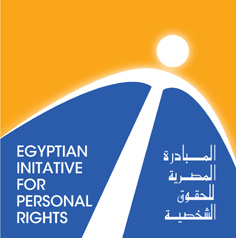The Egyptian Initiative for Personal Rights issued a report over the Egyptian social protection policies during the COVID-19 pandemic. The report tracked the social protection policies in Egypt regarding wages, pensions, insurance, and health care as well as the financial and monetary measures before and during the pandemic.
The report asserted that in spite of the quick governmental response to the pandemic, the crisis showed the fragility of the health system in Egypt, including the limited number of hospital and intensive care beds versus population and lack of efficient primary care for early detection. In addition, the government failed to put a price ceiling on private medical services, which has burdened thousands of patients, who could not find a bed in public hospitals.
The crisis brought attention to the deterioration of the quality of jobs in the Egyptian market, as most workers were shown to be devoid of medical insurance and any form of social protection. Moreover, the government did not oblige the private sector to bear the cost of reducing the number of employees attending workplaces and female employees, who had to stay home caring for their children during the lockdown. Regarding public spending, the government allocated EGP 100 billion to confront the pandemic, but over half the allocations went to support big corporations, while the vital health sector and the poor were overlooked.
The report recommended increased investment in the public health sector to improve doctors’ wages and increase the number of intensive care beds. EIPR also recommended improving the work law to protect the workers in the unofficial business and in the private sector.









